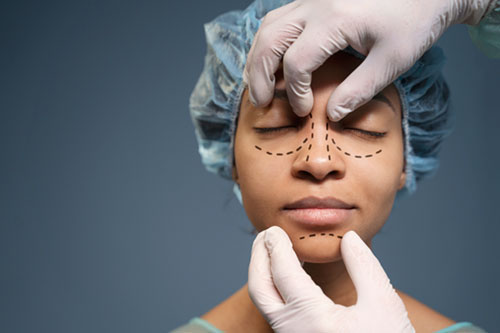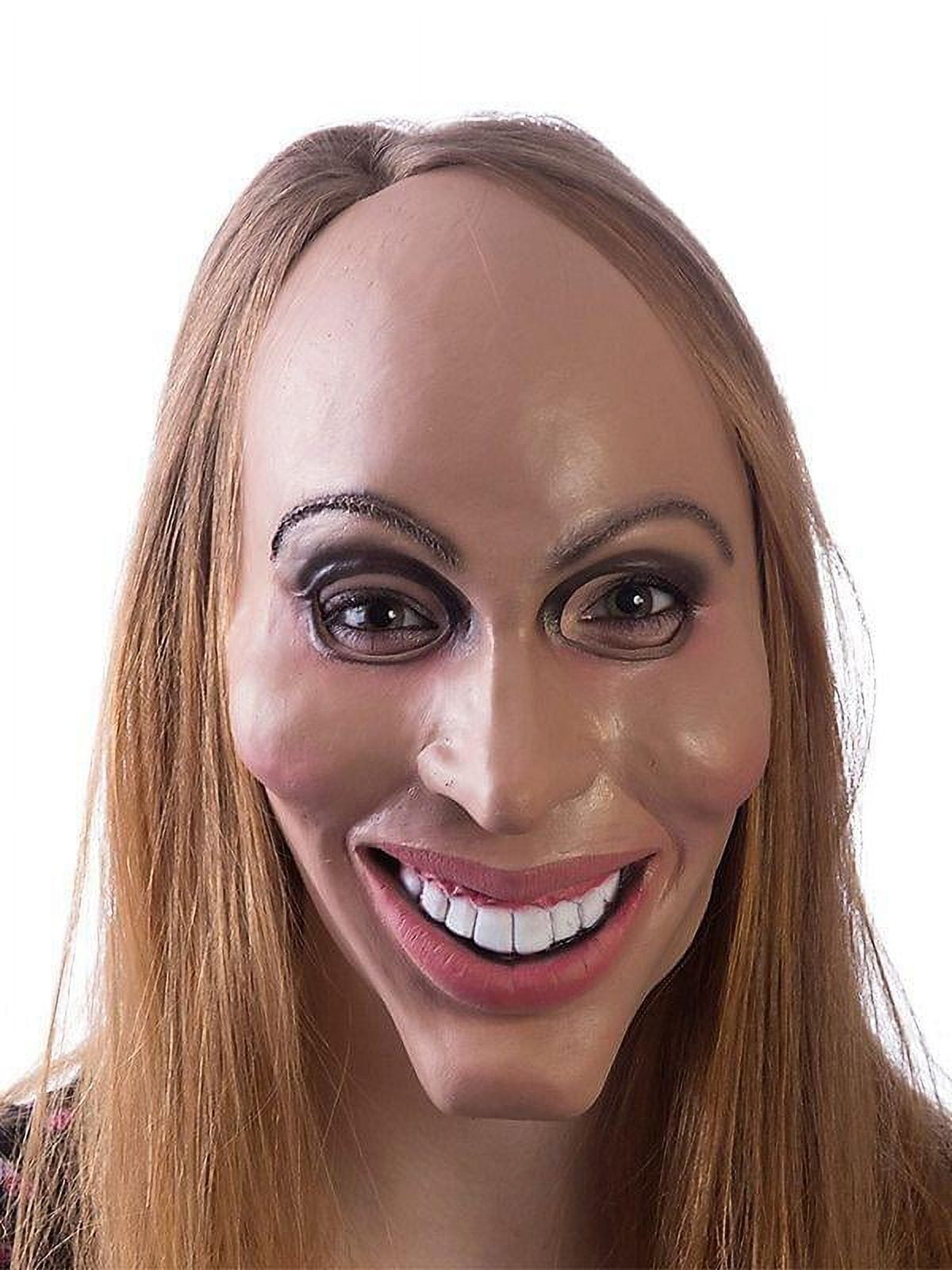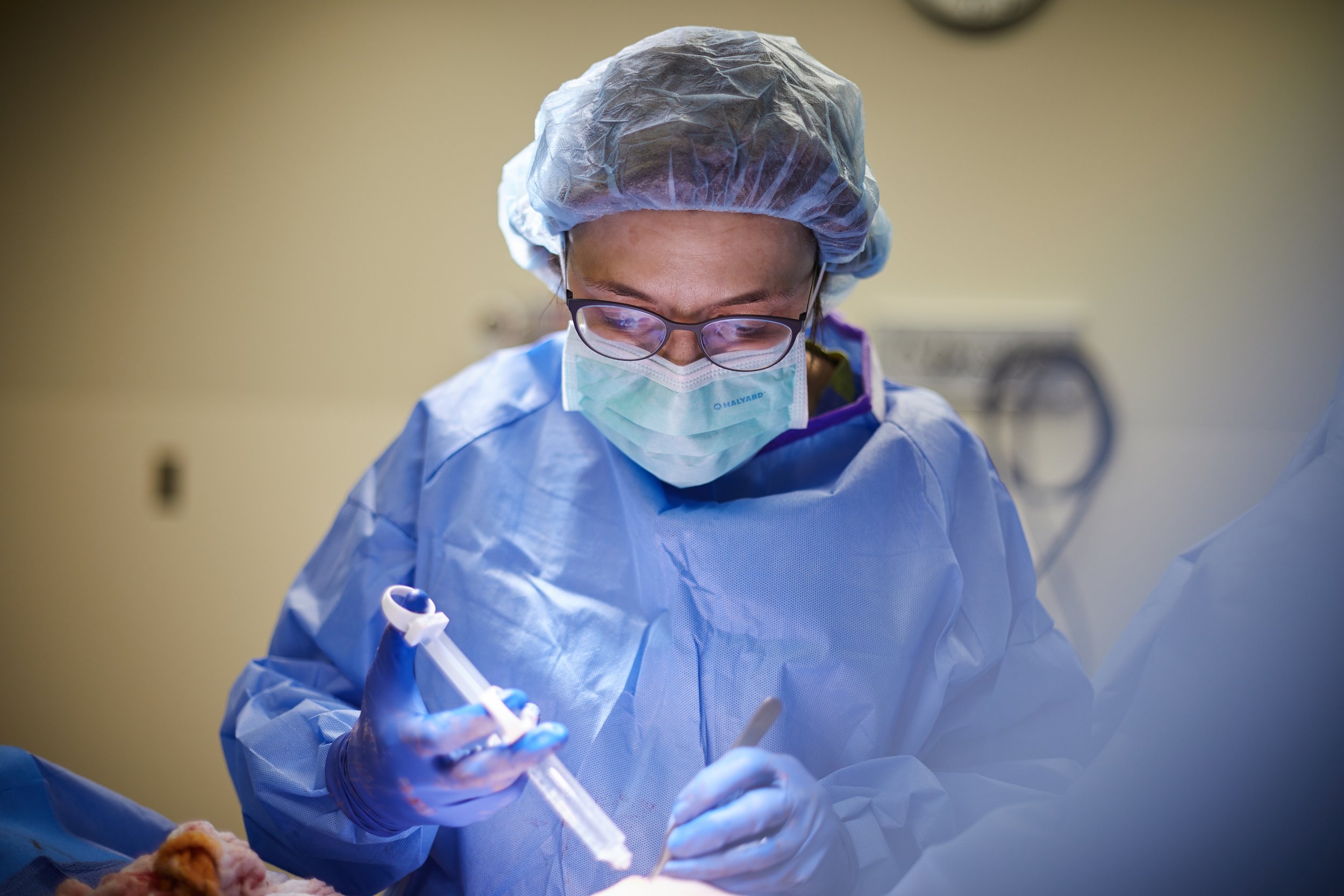Investigating the Psychological and Social Factors That Drive People to Think About Plastic Surgery as a Means of Renovation
The choice to pursue cosmetic surgery usually extends beyond plain aesthetic appeals, linking with social and emotional characteristics that warrant thorough examination. Elements such as self-worth, pervasive social charm requirements, and the pervasive impact of social media merge to form individual motivations for surgical improvement.
The Duty of Self-worth
Self-worth dramatically influences a person's decision to pursue cosmetic surgical procedure. People with reduced self-esteem commonly view themselves in an adverse light, leading to sensations of insufficiency concerning their physical appearance.

Ultimately, the role of self-confidence in the decision-making process pertaining to cosmetic surgical treatment highlights the complex interaction in between body picture, individual satisfaction, and psychological wellness. Understanding this connection is critical for health care specialists to make certain that clients are making educated choices rooted in practical assumptions and emotional well-being.
Social Beauty Standards
Influenced by prevalent media portrayals and cultural narratives, societal beauty requirements play an important duty in forming people' assumptions of their very own bodies. These requirements are typically characterized by an idyllic kind of elegance that stresses attributes such as slimness, youthfulness, and symmetry. As these perfects are perpetuated via numerous networks, including advertising and marketing, tv, and film, individuals regularly internalize these messages, bring about discontentment with their all-natural look.
The effects of these social norms extend past aesthetic choices; they can affect self-worth, psychological health and wellness, and interpersonal relationships. Individuals that perceive themselves as falling short of these criteria may experience sensations of inadequacy, motivating a wish for cosmetic surgical procedure as a method of accomplishing social approval. This pursuit is typically fueled by the belief that adapting these suitables will certainly improve not just physical look however also social standing and individual satisfaction.

Influence of Social Network
The impact of social charm criteria is additional magnified by the rise of social media sites systems, where curated pictures and idyllic representations of charm are common. Customers are constantly subjected to filteringed system and modified photos, which typically depict unattainable physical qualities. This exposure grows a society of contrast, leading people to analyze their very own appearance against these usually impractical benchmarks.
Social network influencers and celebs often advertise aesthetic treatments, normalizing the concept that medical improvements are a sensible means for attaining social ideals (plastic surgery rancho cucamonga). The presence of these improvements can develop an assumption that going through cosmetic surgery is a standard practice, thereby influencing individuals to think about similar interventions as a path to boosted self-esteem and social approval
Furthermore, the interactive nature of social media sites enables prompt feedback via likes and comments, additionally enhancing the wish to adapt prominent elegance requirements. Such interactions can worsen feelings of inadequacy and drive individuals toward cosmetic surgical treatment as a method of acquiring validation. Ultimately, social media plays an essential role in shaping perceptions of beauty, which significantly affects the decision-making processes surrounding cosmetic surgery.

Cultural Point Of Views on Appearance
Throughout various cultures, perceptions of appearance are deeply rooted in historical, social, and economic contexts, shaping people' views on elegance and desirability. In several cultures, look functions as a considerable marker of identity, influencing social condition, expert opportunities, and personal relationships. For example, in some societies, light skin is usually associated with riches and advantage, while others may glorify darker complexion as icons of toughness and credibility.
Furthermore, conventional elegance standards are often bolstered with social stories, media depictions, and family members influences, bring about varying ideals throughout different areas (plastic surgery rancho cucamonga). In Western societies, the emphasis on young people and physical health and fitness often drives people toward aesthetic enhancement, while in certain Eastern cultures, more refined changes aligned with standard visual appeals might be favored
Globalization and the proliferation of electronic media have additionally made complex these dynamics, producing a hybridization of appeal ideals that goes beyond geographical borders. As people increasingly browse these social narratives, the pressure to adapt to certain look requirements can result in the desire for plastic surgery, showing an intricate interplay of personal goals and social worths. Recognizing these social point of views is crucial in attending to the motivations behind plastic surgery factors to consider.
Emotional Impacts of Aesthetic Surgical Procedure
Lots of individuals seeking plastic surgery report experiencing extensive mental effects that can dramatically modify their self-perception and psychological well-being - plastic surgery rancho cucamonga. The wish for blog physical enhancement typically comes from underlying concerns such as low self-worth, body dysmorphic problem, or societal stress relating to appeal requirements. For some, the instant post-operative stage click to find out more can result in a short-term boost in confidence and satisfaction with their appearance, cultivating a feeling of empowerment
Nevertheless, these positive feelings might not be withstanding. Research suggests that while some clients experience boosted self-worth, others might face intense anxiousness or depression if their assumptions are not met. This disparity can occur from unrealistic perfects perpetuated by media depiction and cultural stories bordering beauty.
Furthermore, the mental implications of plastic surgery expand beyond the person. Relationships with household and close friends might be strained as social characteristics shift, leading to sensations of seclusion or alienation. Ultimately, the emotional impacts of plastic surgery are complex and intricate, needing careful factor to consider by both prospective clients and doctor to ensure educated decision-making and reasonable expectations.
Verdict
In conclusion, the decision to seek plastic surgery is substantially influenced by a combination of self-worth issues, societal charm criteria, and social viewpoints on look. The prevalent reach of social networks even more aggravates these stress, advertising impractical perfects that people usually aim to attain. Recognizing these mental and social aspects is vital for attending to the inspirations behind plastic surgery, highlighting the need for a much more nuanced discussion bordering elegance and self-acceptance in modern society.
The decision to go after cosmetic surgery commonly extends past simple looks, linking with mental and social characteristics that warrant extensive evaluation. Eventually, social media plays a critical role in shaping assumptions of charm, which substantially affects the decision-making processes bordering cosmetic surgery.
As site here people significantly navigate these social narratives, the stress to adhere to details look standards can lead to the desire for cosmetic surgical procedure, showing a complicated interplay of personal desires and cultural values.In verdict, the choice to seek cosmetic surgery is dramatically influenced by a combination of self-confidence issues, societal charm standards, and social viewpoints on appearance. Comprehending these mental and social aspects is essential for attending to the inspirations behind cosmetic surgical treatment, highlighting the demand for a more nuanced discussion surrounding appeal and self-acceptance in modern society.